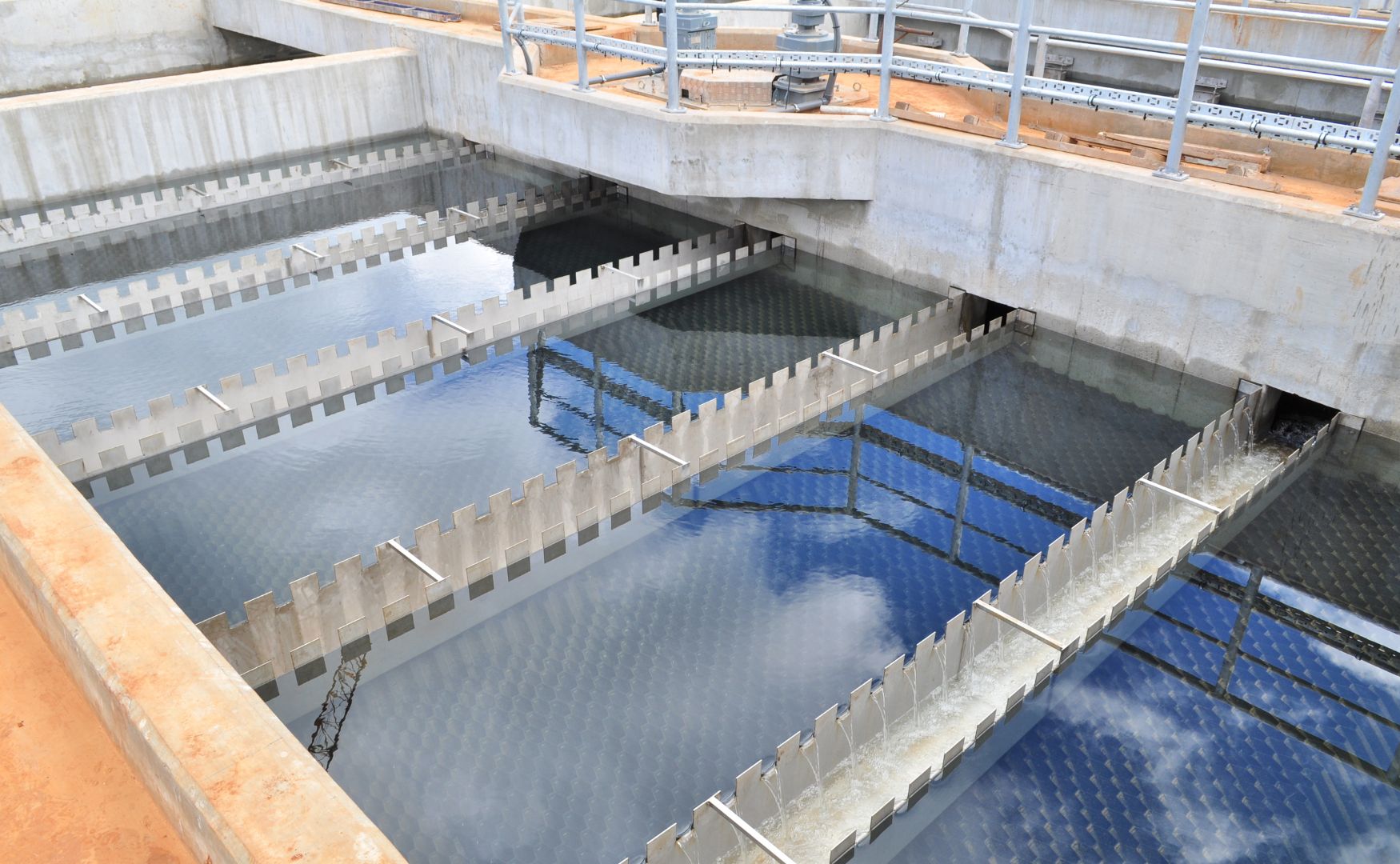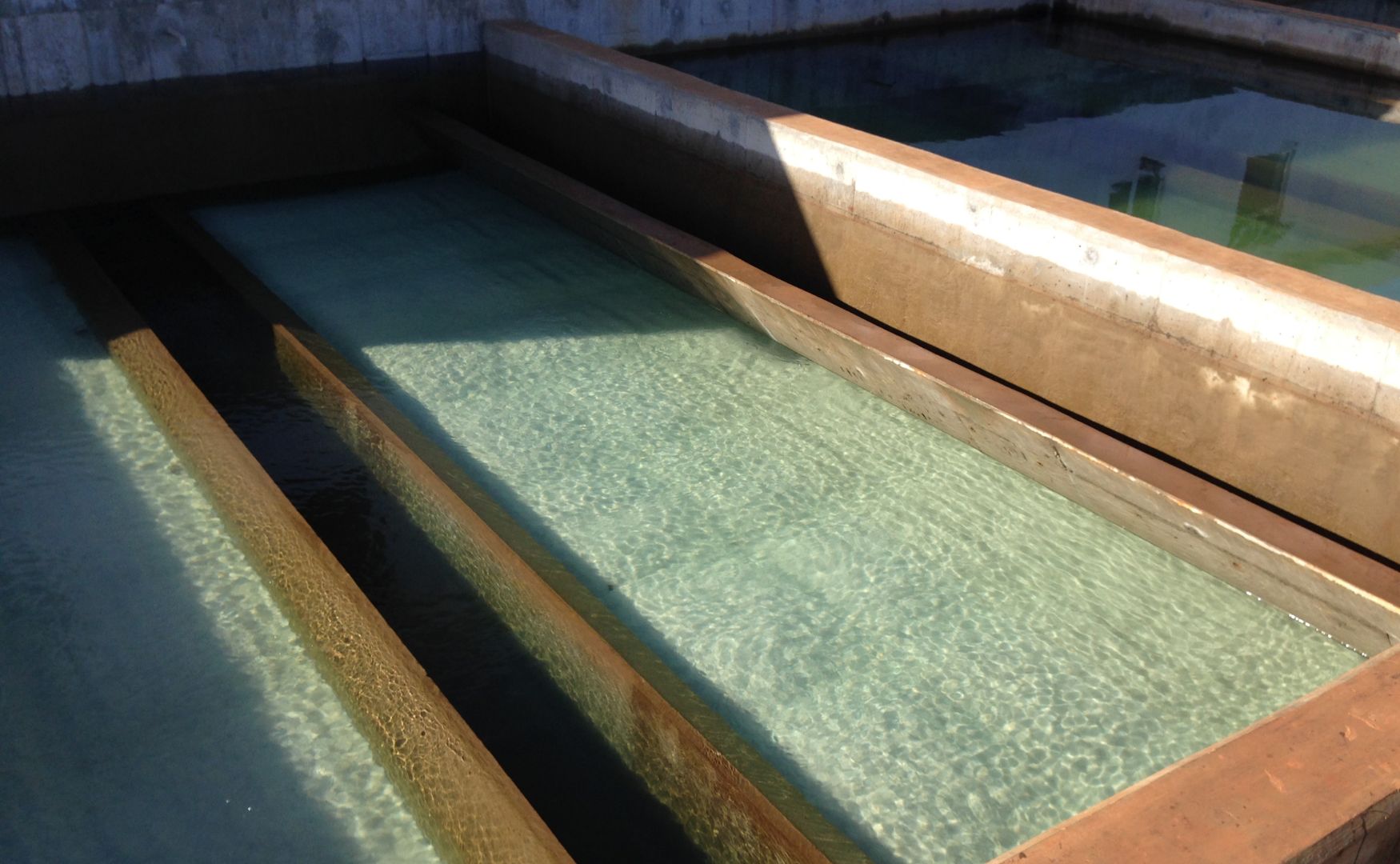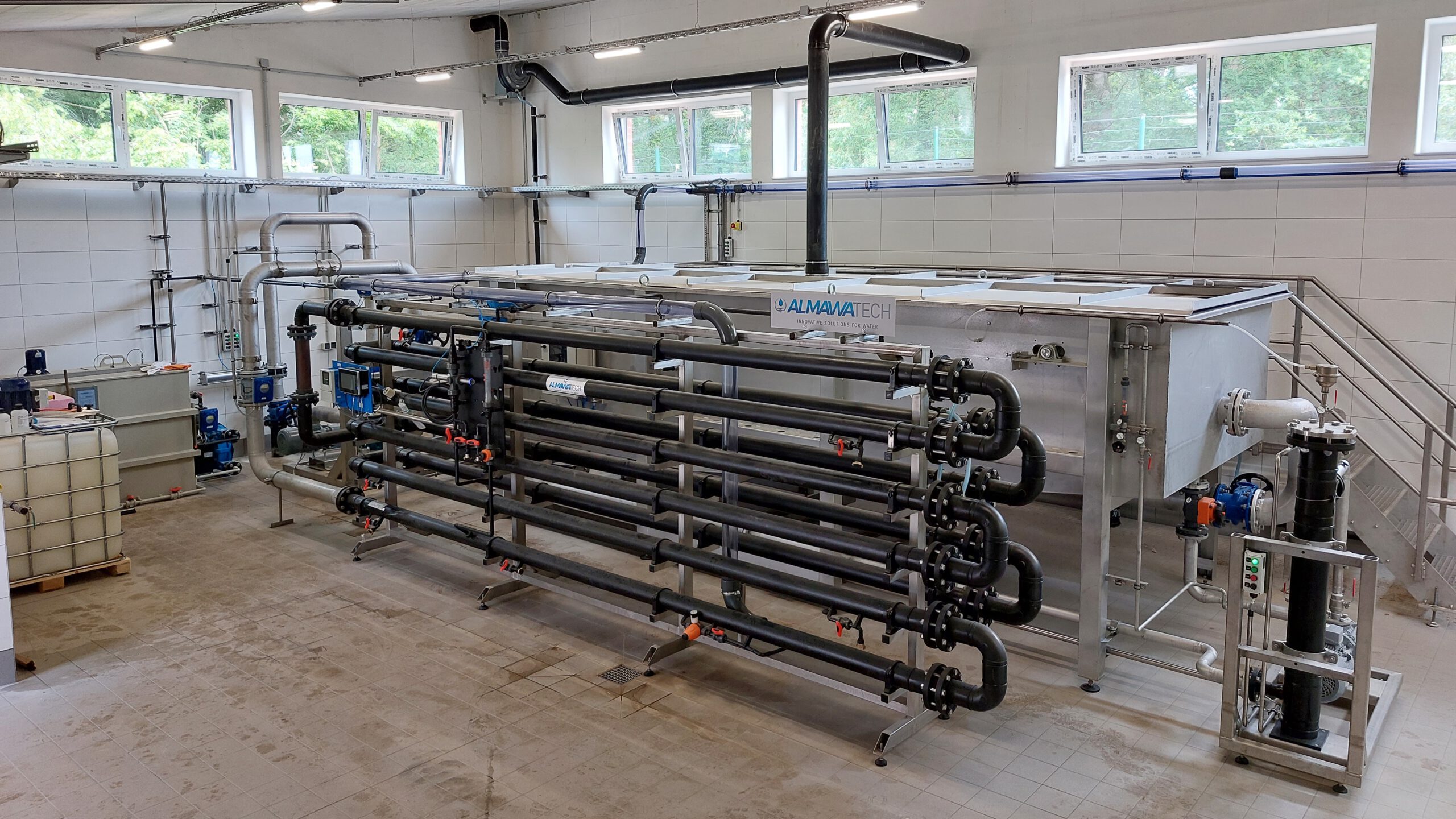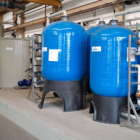Definition and meaning
The solids content describes the quantity of solid particles suspended or dissolved in a liquid. These particles can be of organic or inorganic origin and have a significant influence on the physical, chemical and biological properties of water and wastewater. In industrial processes and wastewater treatment plants, monitoring the solids content is crucial as it directly influences the efficiency of treatment processes, operational safety and compliance with legal limits.
Table of contents
Classification of the solids content
Total suspended solids (TSS):
Includes all suspended particles that can be removed by filtration or sedimentation. These particles can range from sand and silt to organic materials such as cellulose.Total Dissolved Solids (TDS):
Refers to all dissolved ions and molecules, such as salts, minerals or organic substances that are soluble in water. Examples are sodium chloride and potassium hydrogen carbonate.Volatile solids:
These include organic substances that are incinerated at high temperatures (550 °C). They provide information about the organic content of the solids, which is particularly relevant in biological wastewater treatment.Inorganic solids:
These remain after incineration and include inorganic compounds such as metal salts, silicates or sand.

Photo: High-performance honeycomb separator for removing undissolved substances from our ALMA BHU LHPS system
Relevance in practice
The solids content influences process control in various industries:
- Sewage treatment plants: Monitoring the solids content in sewage sludge helps to optimize sedimentation, flotation and biological treatment.
- Industrial plants: In areas such as food or chemical production, the solids content influences filtration, membrane technology and chemical-physical processes.
- Power plants: The solids content in the cooling water is critical for preventing deposits and corrosion in cooling towers and heat exchangers.
Measurement methods
Gravimetric determination:
A sample is filtered and the residue is dried on the filter and weighed. This method is often used to determine the TSS.Conductivity measurement:
Enables the determination of TDS, as dissolved ions influence the electrical conductivity of the water.Spectrophotometry:
Measures the turbidity of the water as an indirect indicator of the solids content. This method is often used for continuous measurements in wastewater treatment plants.Online measuring devices:
Modern sensors offer real-time monitoring of the solids content and enable a rapid response to deviations.
Treatment procedure
1. sedimentation:
Gravity causes heavy particles to sink, allowing them to be removed.
2. filtration:
Processes such as sand, multi-layer or microfiltration capture suspended solids.

Photo: Our media filtration, here from the filter material sand, of the ALMA BHU SMF process
3. flotation:
Small air bubbles attach themselves to the solids, allowing them to rise to the surface and be skimmed off.

Photo: Our ALMA NeoDAF flotation system with load-proportional precipitant dosing
4. CP systems:
Precipitants and flocculants are used here to convert dissolved or colloidal substances into filterable solids.

Photo: Our CP system ALMA CHEM MCW as a batch system with sedimentation
Applications in ALMAWATECH systems
Our solutions for solids treatment range from sedimentation tanks and flotation systems (ALMA NeoDAF) to highly developed filtration systems such as ALMA FIL. Through customized combinations of these processes, we offer optimal solutions for every industry.
Conclusion
Precise knowledge and control of the solids content is crucial for the efficiency and operational safety of water and wastewater treatment plants. The targeted use of state-of-the-art measurement and treatment processes can sustainably improve water quality and ensure compliance with legal requirements.
For further information on our products, please feel free to contact us at any time!







